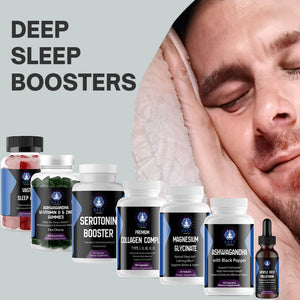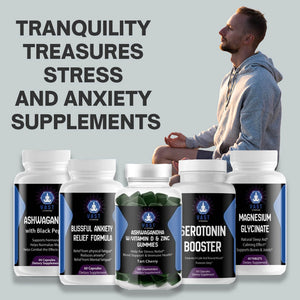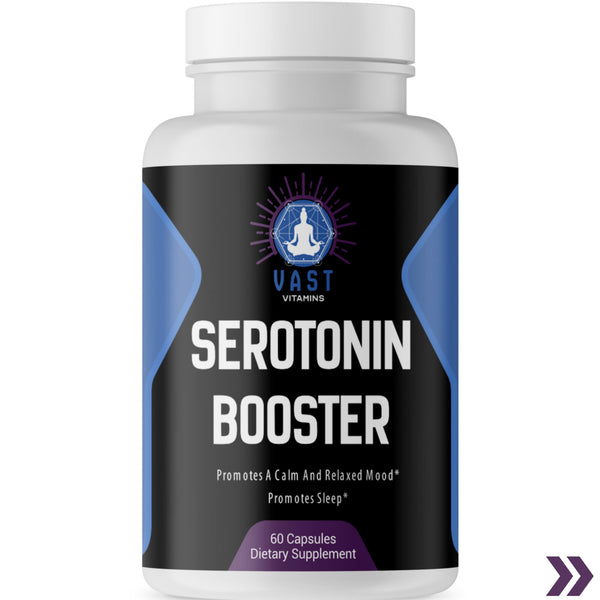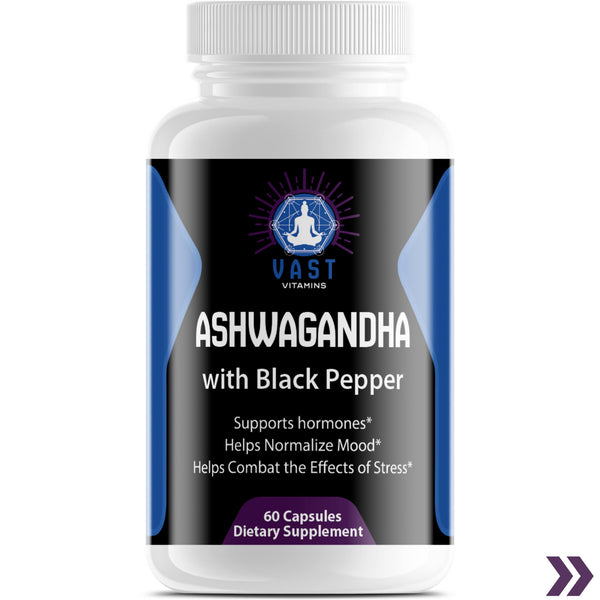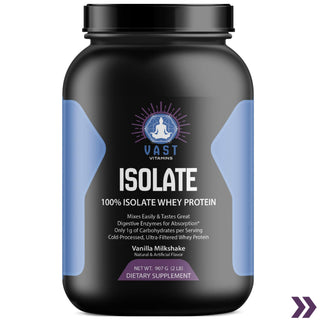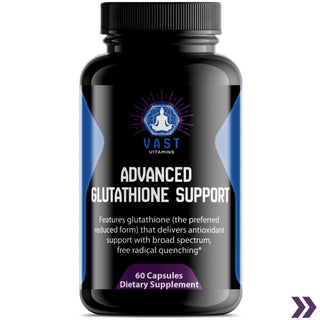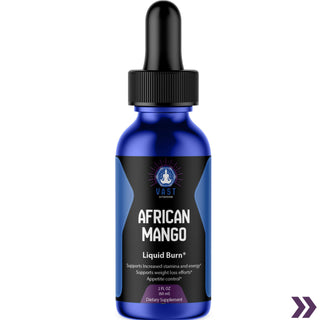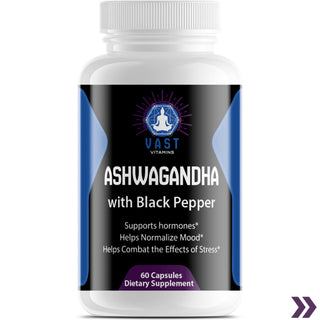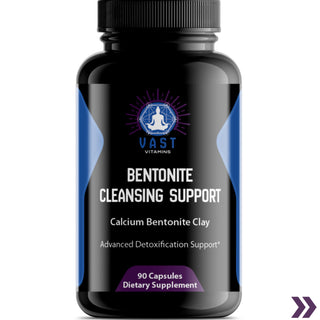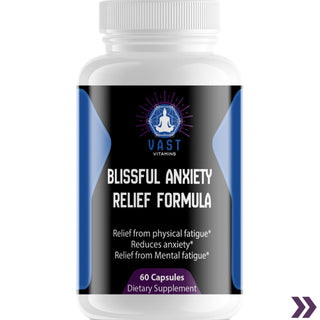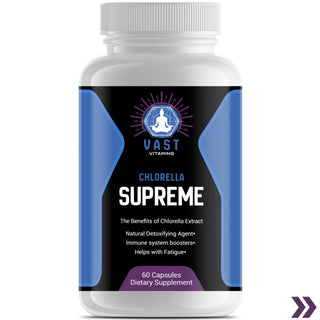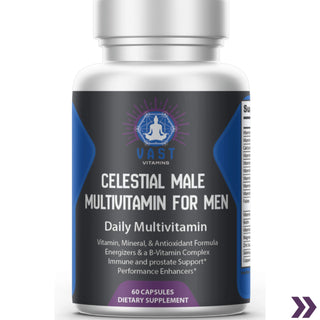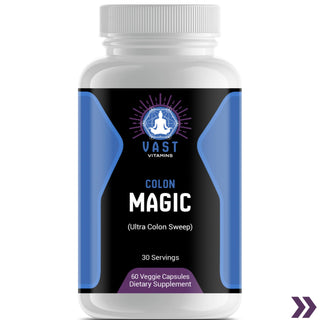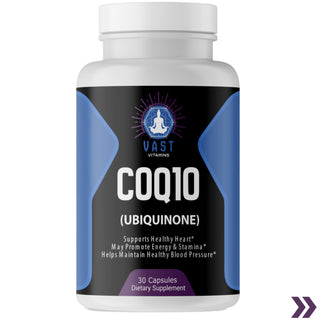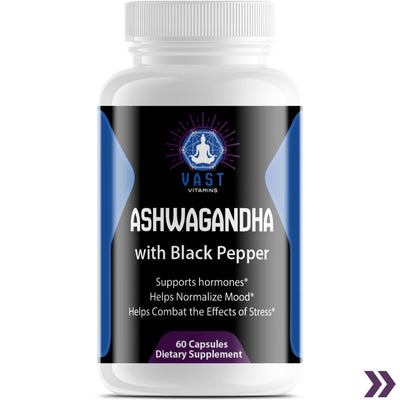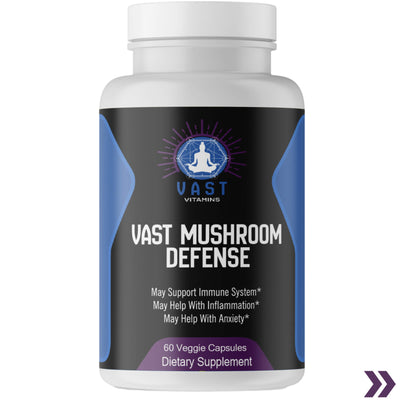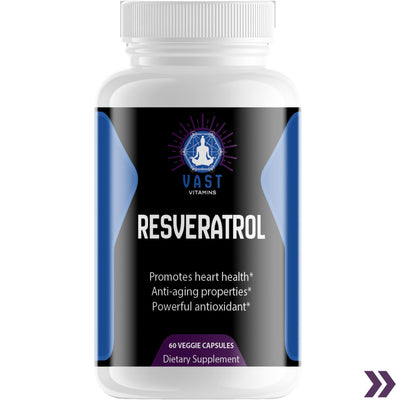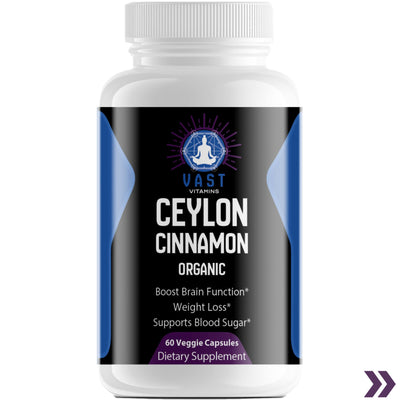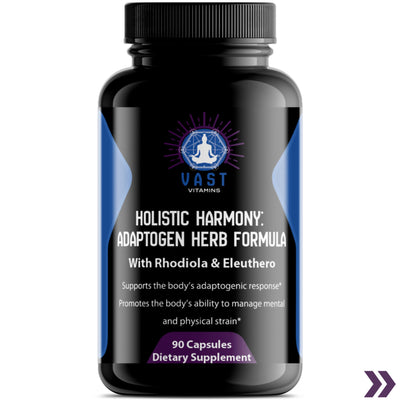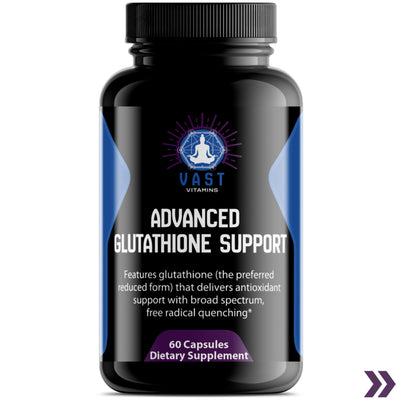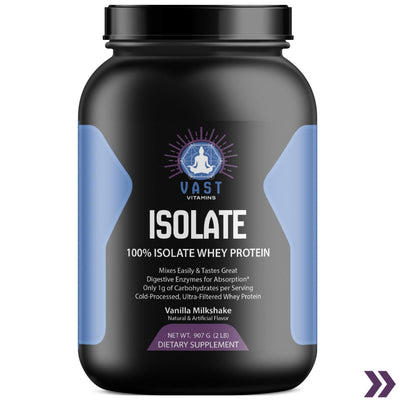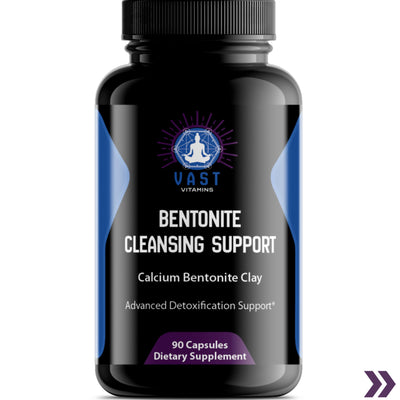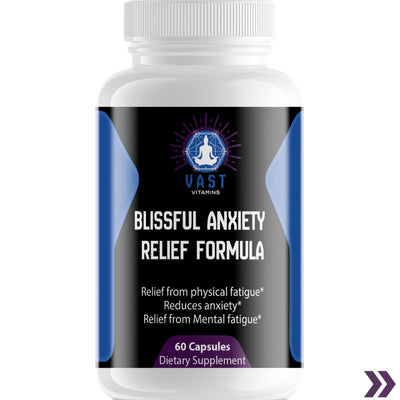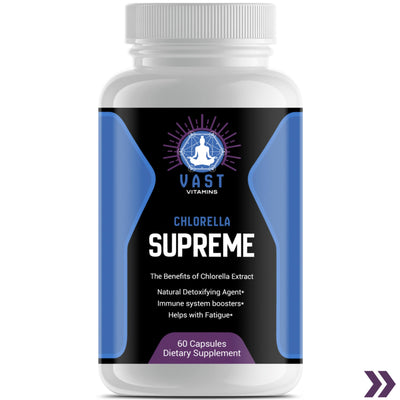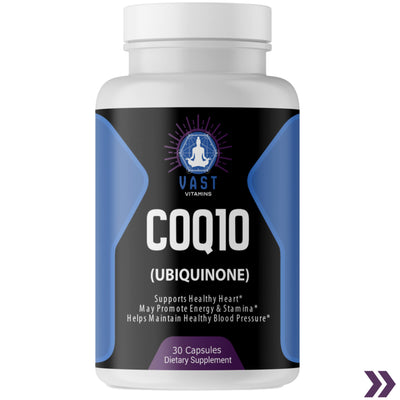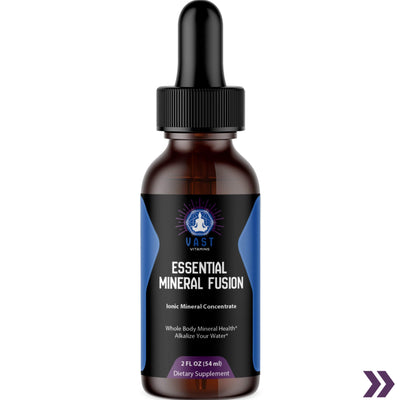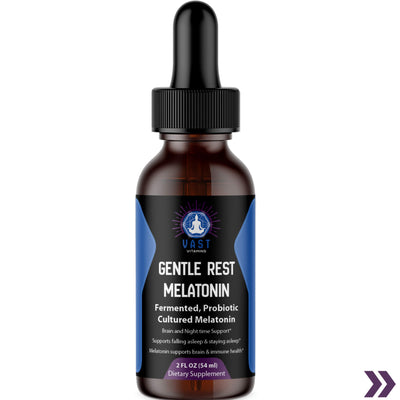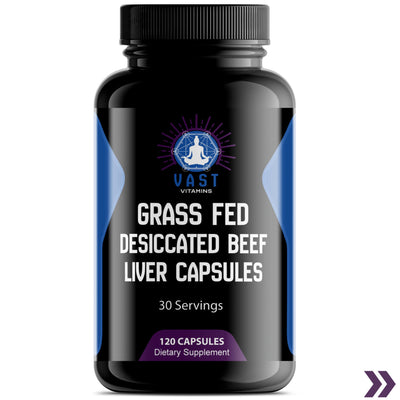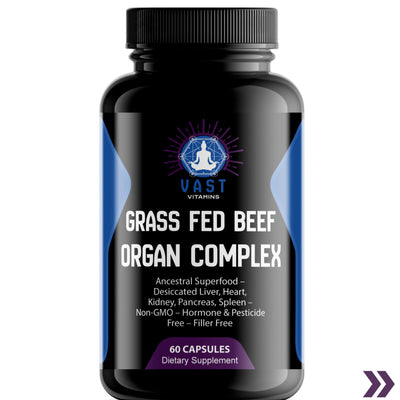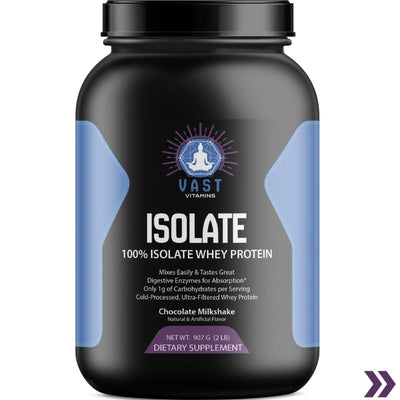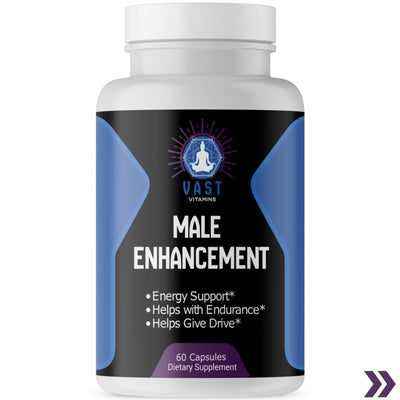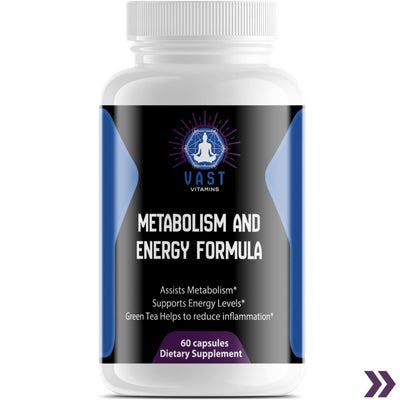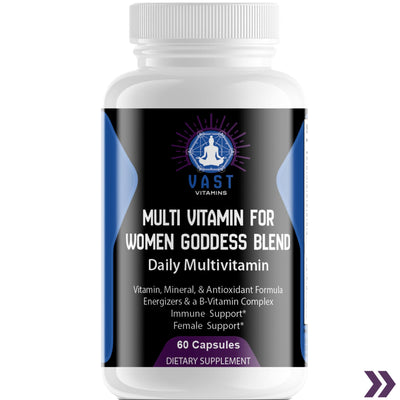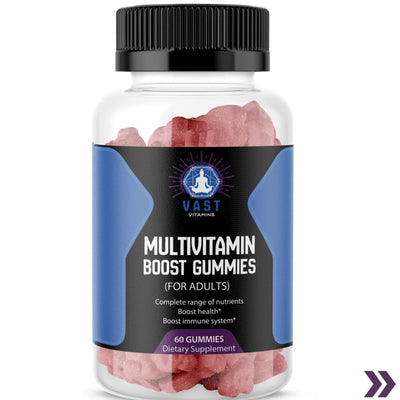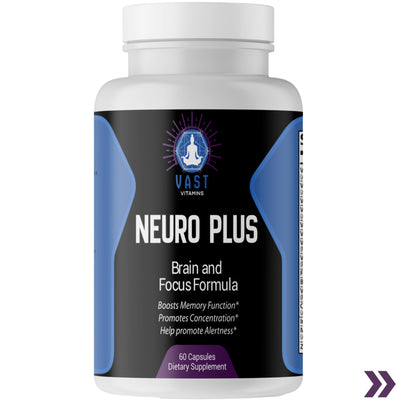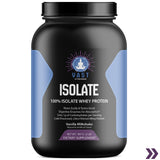Sleep problems can be frustrating and hard. If insomnia is an issue, try using some natural treatments. If you're tired of struggling to get to sleep, there are a few natural treatments that could help. One way to improve your sleep quality is to change the way you think about sleep. If you view sleep as an important part of your day, it will be more difficult to resist temptation and stay asleep. Another way to improve your sleep quality is to avoid caffeine and alcohol before bedtime. These substances can stimulate the nervous system and make it difficult to fall asleep.
Why Do People Have Insomnia?
Insomnia can be a symptom of a serious disorder known as sleep apnea. Left untreated, insomnia can be implicated in many disorders, including:
- Depression
- Impaired cognitive function (particularly decision making)
- Cardiovascular disease (high blood pressure, heart disease)
- Stress-related disorders
- Impaired immune function
Is There A Natural Option?
There are, thankfully, quite a few natural methods for dealing with insomnia. Many people find relief in herbal remedies, lifestyle adjustments, and exercise. Once you've checked with your health care provider about possible medical causes for your insomnia, you might try some of these natural treatments for insomnia.
Alternative Treatments & Remedies For Insomnia.
Alternative therapies fall into several different categories of alternative treatments, including physical exercises, body treatments, breathing treatments, mental treatments, and lifestyle changes. Examples of alternative treatments are acupuncture, hypnosis, guided imagery, yoga, biofeedback, aromatherapy, massage, herbal remedies, and many others.
Guided Imagery.
There are many ways that guided imagery can improve sleep quality. One way is that it can help to relax the body and mind, which can lead to a more restful sleep. Additionally, guided imagery can help to focus the mind on positive images and thoughts, which can help to reduce stress and anxiety levels, both of which can interfere with sleep. Lastly, guided imagery can be a helpful tool for managing pain, which can also interfere with sleep.
Massage.
Massage has been shown to improve sleep quality in a number of ways. It can help to relax the body and mind, ease tension and stress, and promote a sense of well-being. Massage can also help to improve circulation and digestion, both of which are important for a good night's sleep.
Biofeedback.
Biofeedback is a technique that can be used to improve sleep quality. It involves monitoring and modifying body functions such as heart rate, brain waves, and muscle tension. Biofeedback can help you learn how to control these body functions and relax your mind and body. This can help you fall asleep more easily and sleep more soundly.
Aromatherapy.
Aromatherapy has been found to improve sleep quality by helping to relax the mind and body and promoting a sense of calm. Lavender oil is often used in aromatherapy to improve sleep quality, as it is known to be a soothing and calming scent.
Hypnosis.
There are a few ways that hypnosis can improve sleep quality. One way is that it can help to reduce stress and anxiety, which can interfere with sleep. Hypnosis can also help to improve sleep habits, such as getting up and going to bed at the same time each day, and it can help to increase the amount of deep sleep you get.
Acupuncture.
Acupuncture is often recommended by traditional Chinese medicine practitioners for the treatment of insomnia This procedure involves the insertion of very fine needles (sometimes in combination with electrical stimulus or with heat produced by burning specific herbs) into the skin at specific acupuncture points in order to influence the functioning of the body. The results of recent studies have shown acupuncture improved sleep quality in people with insomnia. However, additional research is required before the effectiveness of acupuncture is proved conclusively for the relief of insomnia.
Herbal Remedies.
Herbal teas and supplements are widely used to help people sleep, but little is known about their effectiveness. Herbs that are believed to promote sleep include the following:
Chamomile.
Chamomile is used to help with sleeplessness that stems from anxiety or nervousness. It may also have a mild diuretic effect, so drinking a cup in the evening before bed may be all you need. You may also find it useful to drink it throughout the day.
Valerian Root.
Valerian root is an herbal medicine that produces a sedative effect. It is considered to be a natural sedative.
Valerian root Valeriana officinalis) may help people fall asleep or stay asleep. It's possible that it can interfere with some medications. It also has side effects and is not safe for small children or during pregnancy.
Note: Here are a few known side effects Valerian root is a natural remedy that is often used to treat insomnia and anxiety. Some potential side effects include headaches, dizziness, and nausea.
Lemon Balm.
Lemon Balm - While valerian may better promote sleep, lemon balm is a classic herbal tea that makes a delicious beverage. You can drink it in the evenings, and it may also help promote sleep.
Lemon Balm has been traditionally used to help with sleep. One of the ways it may help is by decreasing anxiety, which can interfere with sleep. Additionally, Lemon Balm has a calming effect and can help to relax the body and mind.
Lemon balm has been shown to help decrease anxiety. One study showed that it was just as effective as the drug lorazepam in decreasing anxiety. Lemon balm seems to work by increasing levels of GABA, a neurotransmitter that helps to calm the brain.
Ashwagandha.
Ashwagandha (A one-time study shows that Ashwagandha leaves contain triethylene glycol (TEG), which positively affects REM sleep. A further study provides 300 milligrams twice a day to help you fall asleep faster and improve the quality of your sleep.
Kava.
Kava is a root from the South Pacific that has been traditionally used to help with relaxation and sleep. It does appear to have a calming effect on the body, but there are also concerns about liver damage, so it is not recommended.
Lifestyle Changes That Could Help Sleep Quality.
If you suffer from insomnia, you may get some relief by making some simple lifestyle changes.
Exercise Regularly. This Promotes Relaxation And Helps You Sleep.
Regular exercise has been shown to promote relaxation and improve sleep quality. Exercise releases endorphins which can help improve mood and relieve stress. It is also a great way to tire yourself out so you're more likely to sleep soundly through the night.
A recent study shows that even low-to-moderate Tai Chi and certain yoga practices improve sleep quality in older people and cancer patients with sleep disorders, respectively. Consistent exercise has been shown to help improve sleep quality. However, most experts recommend stopping exercising at least three to four hours before bedtime to prevent interference with sleep.
Instead Of Caffeine, Try Drinking More Water.
Caffeine can have a negative effect on sleep, particularly if consumed close to bedtime. Caffeine can cause difficulty falling asleep, difficulty staying asleep, and disrupted sleep. Caffeine can have a negative effect on sleep quality and quantity. It is a stimulant that can interfere with the body's natural sleep-wake cycle.
If You Smoke, You Should Quit - Smoking Tends To Cause More Sleep Problems Than Non-Smokers, Sources Report.
Smoking has been linked to a number of sleeping disorders, including sleep apnea, restless leg syndrome, and snoring. Smoking can cause inflammation and irritation in the airways, which makes it more difficult to breathe at night. It can also disrupt the normal sleep-wake cycle, leading to difficulty falling asleep and staying asleep.
Cut Down On Sugars, Artificial Colors, Preservatives, And Artificial Flavors
Sugar, artificial colors, and preservatives can all increase the risk of sleeping disorders by disrupting the body's natural rhythms. The body relies on a regular sleep-wake cycle to function properly, and when this is disrupted, it can lead to a variety of problems. Sugar, in particular, can cause an energy crash that makes it difficult to stay awake, while artificial colors and preservatives can have a stimulant effect.
Supplements That Can Help With Sleep Quality!
Ashwagandha.
Ashwagandha And Sleep-Wake Cycle.
There is some evidence that ashwagandha can help regulate the sleep-wake cycle. One study found that people who took ashwagandha extract for eight weeks showed a significant increase in total sleep time and a decrease in the number of times they woke up during the night. Another study found that ashwagandha improved sleep quality and duration in people with chronic stress.
Ashwagandha And Stress,
There is some evidence that ashwagandha can help reduce stress. One study found that people who took ashwagandha extract for eight weeks had lower levels of cortisol, a hormone that is released in response to stress. Additionally, ashwagandha may help improve mood and cognitive function.
Ashwagandha And Cortisol.
Ashwagandha is an adaptogen herb that helps the body to regulate cortisol levels. Cortisol is a stress hormone that can get out of balance if it's not regulated properly. When cortisol levels are too high, it can lead to health problems such as weight gain, anxiety, and depression. Ashwagandha helps the body to keep cortisol levels in balance, which can help to improve overall health and well-being.
Melatonin.
Melatonin is a hormone produced in the brain. Its effects are complex and poorly understood, but it helps regulate the sleep-wake cycle and other circadian rhythms. Its potential benefits have been studied for sleep disorders and jet lag, but its effectiveness is unclear. Studies have been mixed, but it may help with falling asleep more quickly and help with insomnia.
Melatonin is proven to be effective for restoring some sleep patterns, but it is unclear what the proper dose is and how much of it to take. Supplements containing melatonin can raise the melatonin level in the body up to 20 times normal. However, adverse effects are minimal, and long-term studies examining the efficacy and toxicity of melatonin supplements are needed.
Melatonin And Sleep-Wake Cycle.
Melatonin is a hormone that is produced in the brain by the pineal gland. It helps to regulate the sleep-wake cycle. Melatonin levels increase when it is dark and decrease when it is light. This helps to promote sleepiness at night and wakefulness during the day.
Melatonin And Circadian Rhythms.
Melatonin is a hormone that helps to regulate circadian rhythms. It signals the body when it is time to sleep. People with circadian rhythm disorder may not produce enough melatonin, which can cause problems with sleep and other aspects of daily life. Melatonin supplements can help to increase melatonin levels and improve circadian rhythms.
Magnesium.
Magnesium is a mineral that is important for many bodily functions, including sleep. Magnesium helps to regulate the body's natural sleep rhythm and can improve sleep quality. Taking magnesium supplements before bed can help to improve sleep quality and duration.
Magnesium And Circadian Rhythm.
Magnesium is a mineral that is known to help with sleep rhythm. It helps to relax the body and mind, which can help you drift off to sleep more easily. Magnesium also helps to regulate the body's natural clock, or circadian rhythm. This can help to improve your sleep quality and duration.
Magnesium And Sleep-Wake Cycle.
Magnesium is a mineral that is essential for human health. It is involved in many processes in the body, including the sleep-wake cycle. Magnesium helps to regulate the release of melatonin, which is responsible for regulating sleep. When magnesium levels are low, melatonin production can be disrupted, leading to difficulty falling and staying asleep.
5htp.
There is some evidence that 5-HTP may improve sleep quality. One study found that 5-HTP improved sleep quality and reduced the number of awakenings in people with insomnia. Another study found that 5-HTP improved sleep quality and reduced the number of nighttime awakenings in people with narcolepsy.
5htp And Insomnia.
5HTP is a precursor to serotonin, and serotonin plays a role in sleep regulation. Low levels of serotonin are associated with insomnia, and 5HTP supplementation has been shown to improve sleep quality.
5htp And Sleep-Wake Cycle.
5HTP is a precursor to serotonin, and serotonin is involved in the sleep-wake cycle. When levels of serotonin are low, people tend to have difficulty falling asleep and staying asleep. 5HTP can help to increase serotonin levels, which may help to improve sleep quality.
Conclusion Of Natural Treatments That Could Help Your sleep Quality!
In conclusion, while insomnia can be frustrating and lead to daytime fatigue, there are natural treatments that can help improve sleep quality. Some of these treatments include establishing a regular sleep schedule, taking supplements, avoiding caffeine and alcohol before bed, and practicing relaxation techniques. If these measures do not improve sleep quality, it is best to consult a doctor for other treatment options.
FAQ For Natural Treatments That Could Help Sleep Quality.
What is Alternative Therapy?
Alternative therapy includes many disciplines from diet and exercise to mental conditioning and lifestyle changes.
What are the risks?
Since herbal supplements can interact with certain medications, always tell your doctor if you are using any.
What are the benefits of kava?
Kava. This South Pacific root is thought to have a calming effect.
What is Melatonin?
Melatonin is a hormone made by a gland in the brain in humans and produced in animals as well as plants.
How much melatonin should I take?
Melatonin needs to be taken at the right time of day in the right dose to be effective, but how much to take is poorly understood. Ask your doctor to take a look at the brand you choose to take.
What are the risks of melatonin supplements?
Adverse effects of melatonin are minimal, but long-term studies examining efficacy and toxicity of melatonin supplements are needed.
What is acupuncture?
This procedure involves the insertion of very fine needles (sometimes in combination with electrical stimulus or with heat produced by burning specific herbs) into the skin at specific acupuncture points in order to influence the functioning of the body.
What are the best ways to sleep?
Regular exercise deepens sleep in young adults with or without sleep disorders.
How Can Meditation Help Insomnia?
Several studies show that regular meditation practice, either alone or as a part of yoga practice, results in higher blood levels of melatonin.
What are the benefits of tai chi?
Recent studies show that even the low-to-moderate tai chi and certain yoga practices enhance sleep quality in older persons and cancer patients with sleep problems, respectively.
What Are The Risks Of Alternative Therapy?
Points to Consider About Alternative Therapy Alternative therapies are not FDA approved and not always harmless.
What if I have a medical problem?
If you experience side effects such as nausea, vomiting, rapid heartbeat, anxiety, diarrhea, or skin rashes, stop taking the herbal product and notify your doctor immediately.
What are the common mistakes people make when buying herbal products?
Beware of commercial claims of what herbal products can do. Make sure supplements are 3rd party tested
What are the precautions?
Always talk to your doctor before trying an alternative approach, and be sure to tell all your doctors which alternative treatments you are using.
What is Mindfulness Meditation?
Mindfulness meditation consists of slow, steady breathing while sitting quietly.
Is meditation safe?
Meditation is safe to practice, but it has the potential to bring up strong emotions.
How Can Home Remedies Help?
If your sleeping patterns are affecting your quality of life, home remedies may be able to help.
What is a mantra?
Repeating a mantra or positive affirmation repeatedly can help focus and calm your mind.
What is a good mantra?
It should be a simple, positive statement in the present tense.
What are the benefits of yoga?
Slow, controlled movements allow you to stay present and focused.
Can I do self-massage?
Researchers in a 2015 study If a professional massage isn’t an option, you can do self-massage.
Is massage safe?
While massage is generally safe, check with your doctor if you have any specific health concerns that may impede the benefits.
What are the benefits of exercise?
It can enhance your mood, give you more energy, aid in weight loss, and promote better sleep.
What Can I Do About Insomnia?
Changing your sleep habits and addressing any issues that may be associated with insomnia, such as stress, medical conditions or medications, can restore restful sleep for many people.
What is Cognitive Behavioural Therapy for Insomnia?
Cognitive-behavioral therapy for insomnia (CBT-I) can help you control or eliminate negative thoughts and actions that keep you awake and is generally recommended as the first line of treatment for people with insomnia.
What are the benefits of sleep restriction?
This therapy decreases the time you spend in bed and avoids daytime naps, causing partial sleep deprivation, which makes you more tired the next night.
What are nonprescription sleep medications?
Nonprescription sleep medications contain antihistamines that can make you drowsy, but they're not intended for regular use.
What are the side effects of sleeping pills?
Examples include: Eszopiclone (Lunesta) Ramelteon (Rozerem) Zaleplon (Sonata) Zolpidem (Ambien, Edluar, Intermezzo, Zolpimist) Prescription sleeping pills can have side effects, such as causing daytime grogginess and increasing the risk of falling, or they can be habit-forming, so talk to your doctor about these medications and other possible side effects.










